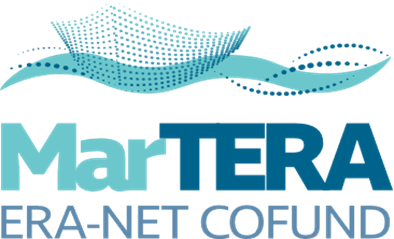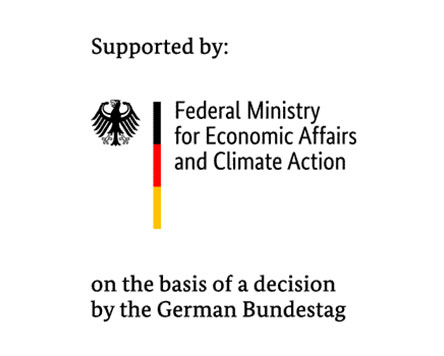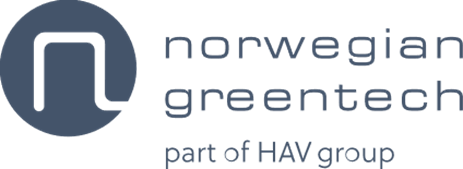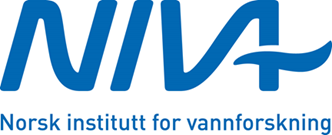Eco-friendly water treatment for sustainable aquaculture
In the WeBoat project, researchers are working on green technologies for water treatment in aquaculture. As a result, the project helps reduce environmental pollution and protects native aquatic species.
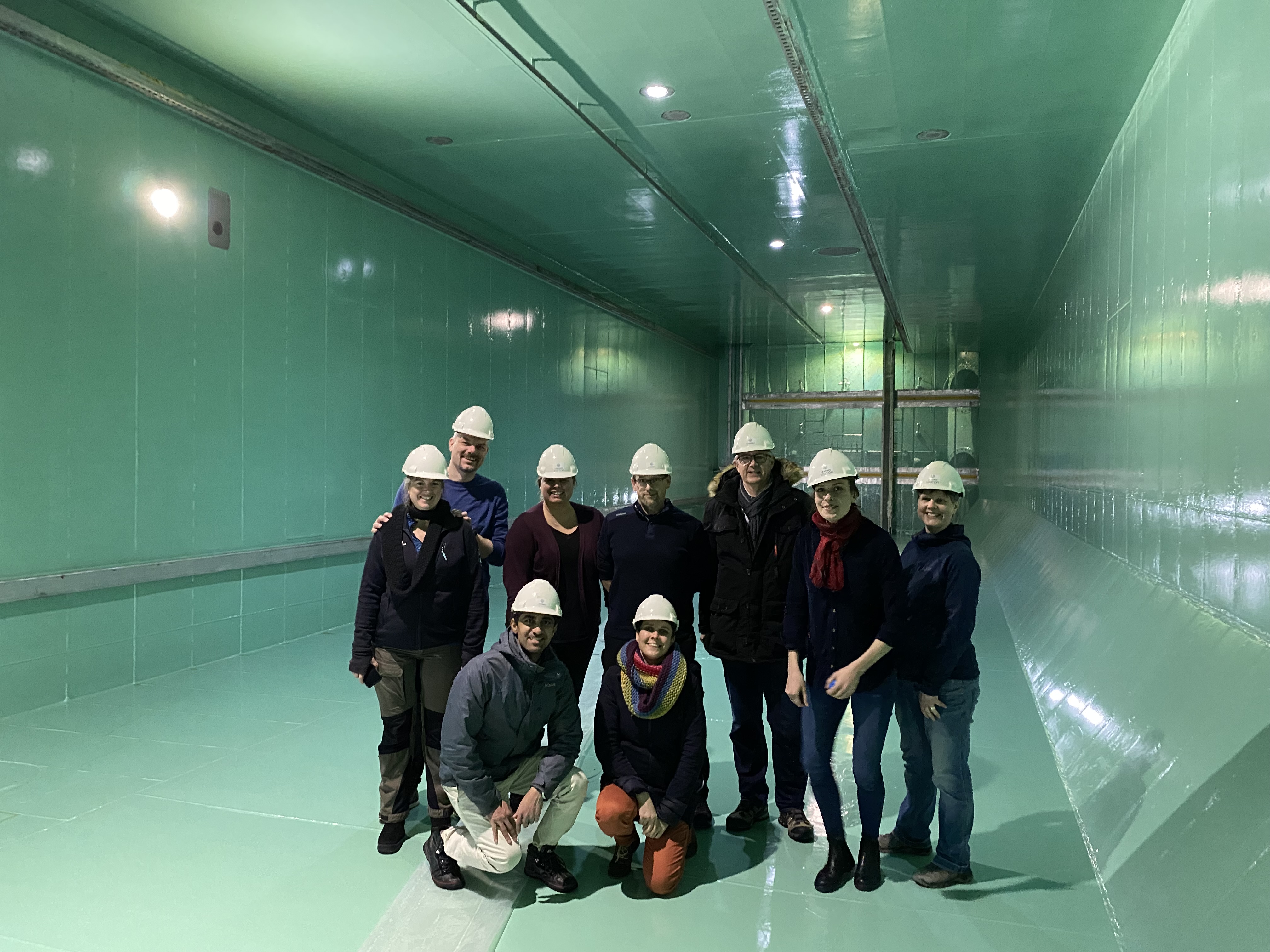
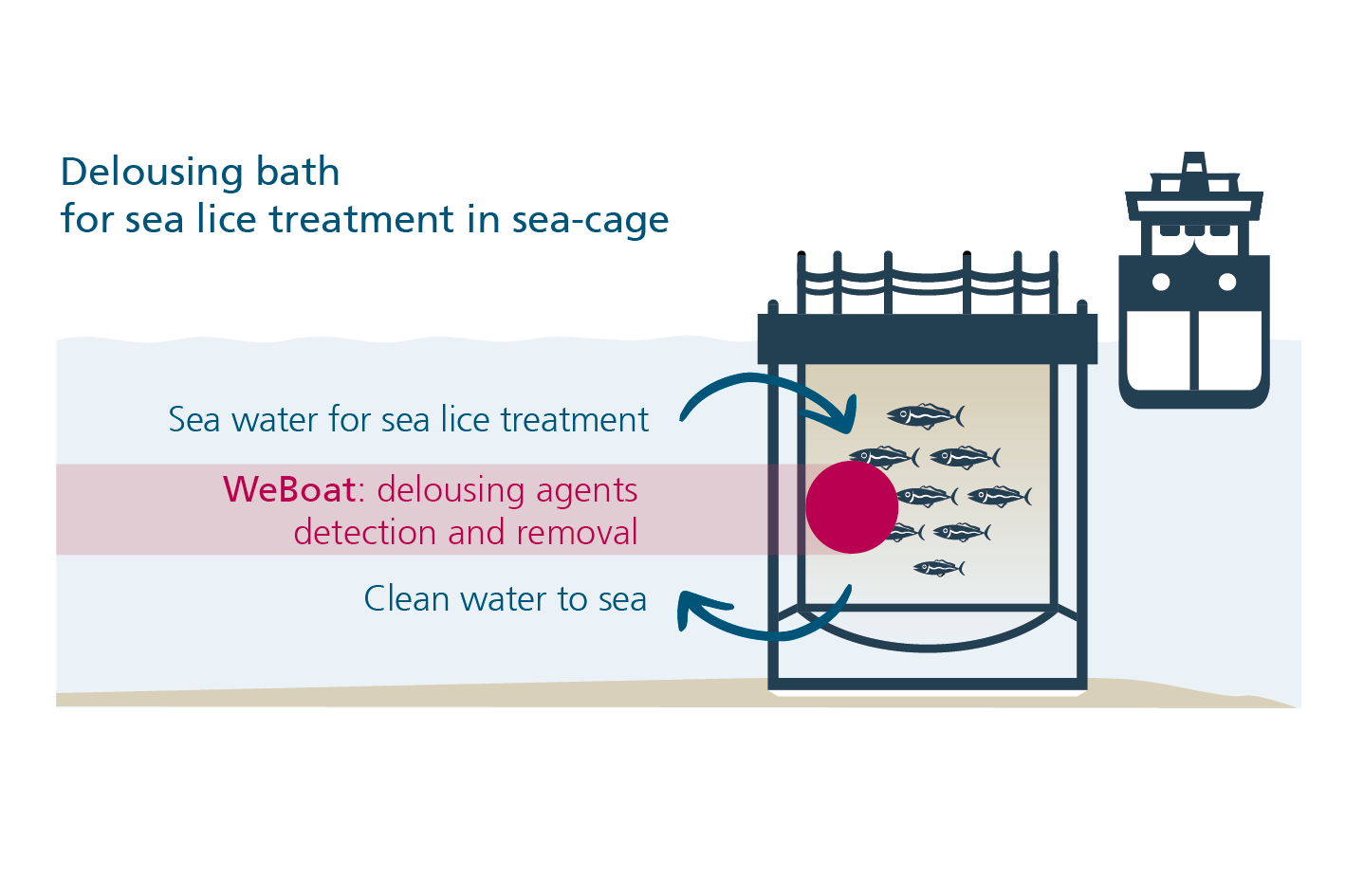
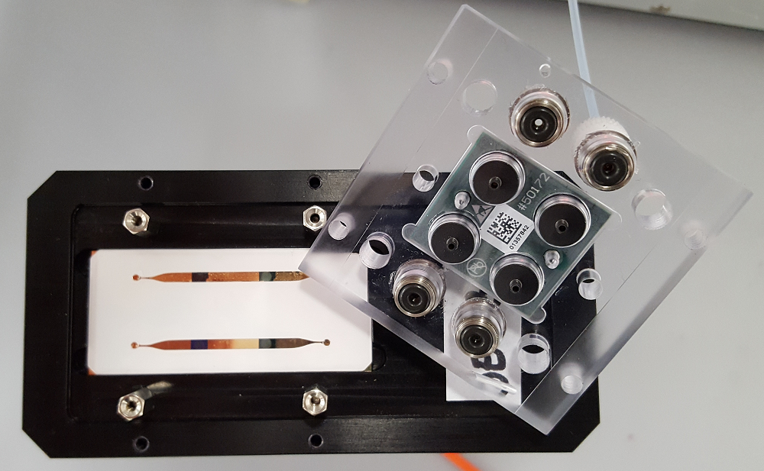
In salmon farms, medical delousing agents are used to keep farmed animals healthy. Treatment takes place in baths aboard wellboats or in breeding pens with a tarp retracted into the ocean. Subsequently, the wastewater containing the drug residues and other waste products is discharged into the sea which is where they can harm the local aquatic environment.
Researchers in the WeBoat project want to contain and, in the best case, prevent this. To this end, existing technologies from ballast water treatment will be transferred to wellboats and optimized. The aim is to analyze the water contaminated with drugs and pests on site and to remove selected delousing agents from it. Nanoplasmonic senors developed at Fraunhofer IKTS are used for this purpose. Their surface is trained to specific pollutants. In this case they can specifically detect the salmon lice agents. This is the basis for the subsequent removal of the drug residues and the return of the tested water to the sea.
Another concern of the researchers is to implement the wastewater treatment technologies in the most environmentally friendly way possible. To achieve this, both energy consumption and ecological footprint will be minimized, which ultimately reduces overall costs.
Initially, the efficiency of pollutant removal will be tested on a small scale before it is verified in larger trials and can then be transferred to Wellboats.
WeBoat launched in 2022, under the umbrella of JPI Oceans as part of the MarTERA program ˮMaritime and Marine Technologies for a new ERAˮ. German partners are funded by the German Federal Ministry of Economics and Climate Protection. Over three years, stakeholders, industrial and academic partners in Norway (Norwegian Coastal Shipowners -Kystrederiene, Norwegian Greentech AS and Pharmaq AS, part of Zoetis), Germany (Hydac Process Technology GmbH and Fraunhofer Institute for Ceramic Technologies and Systems IKTS) and Belgium (Aqua Pharma Belgium BV) are conducting research under the leadership of NIVA (Norwegian Institute for Water Research).
